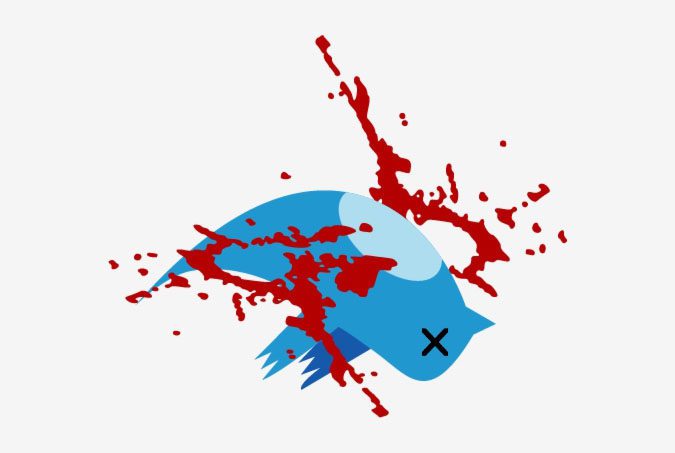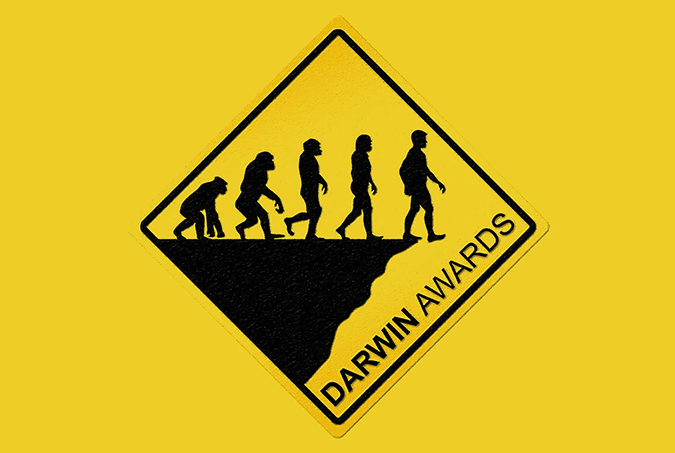I closed my Twitter account the other day. I didn’t do it because it was the trendy thing to do in response to Elon Musk’s cartoonish takeover of the company. I didn’t do it because the discourse had degenerated to an intolerable level of mysoginistically racist profane stupidity. I didn’t do it because its intolerable cultural impact is something I can no longer even tacitly contribute to. No. I did it because fuck that.
I had been on Twitter for, geez, I actually don’t even know. Eight years? Ten? A fucking lifetime? There was a time when I enjoyed it, but more recently, it seemed like more of a chore than a sparkling cocktail party conversation with interesting people. I was forcing myself to tweet. Every time something happened in the real world that offended the personal Twitter brand I had cultivated, it seemed like my duty to respond in witty fashion. Well, fuck that.
I left Facebook long ago because it sucks. I was on Instagram very briefly, but I’m old and don’t photographically document every mundane life event nearly often enough to have been good at it. TikTok? Absolutely fuck that. Maybe I’m just not cut out for social media. Maybe no one is, or, more accurately, shouldn’t be. Maybe we should all offer up a collective and heartfelt fuck that and go back to discussing the day’s events in bars and barber shops and read newspapers and books instead.
I know, I know: fuck that.
I know that won’t ever happen. The bell has been rung and rung loudly. These are the interactions that people want instead of those olde tymey ones. We crave the attention, and the audience, and the clout. The constant affirmation is a drug driving an addiction that is not only socially acceptable, it is lauded. Follower counts, likes, and shares aren’t as physically toxic as fentanyl, but they do a doozy on you mentally anyway.
Long story short, I closed my Twitter account. Maybe I’ll join Mastodon. But on the other hand, fuck that.


